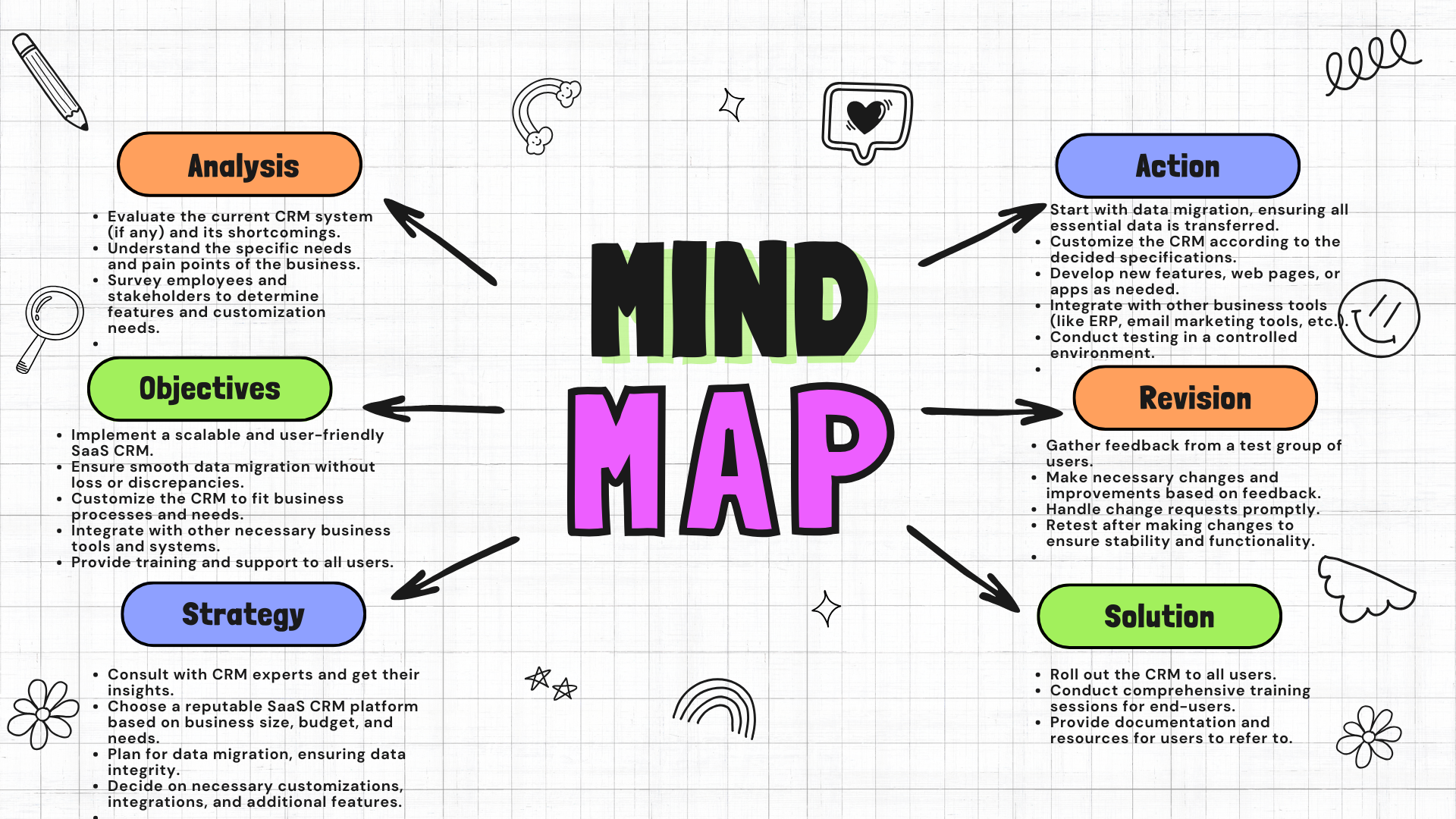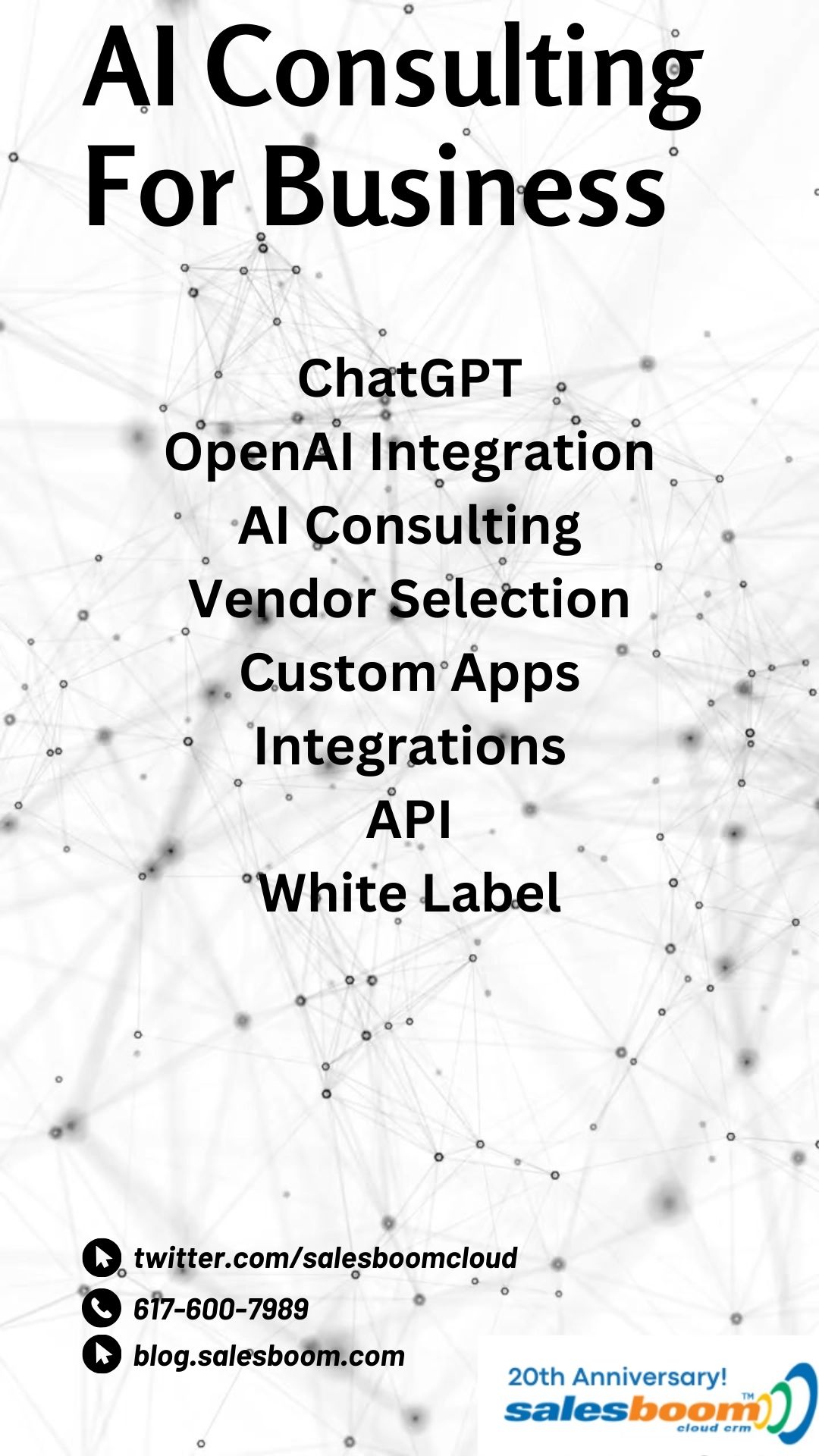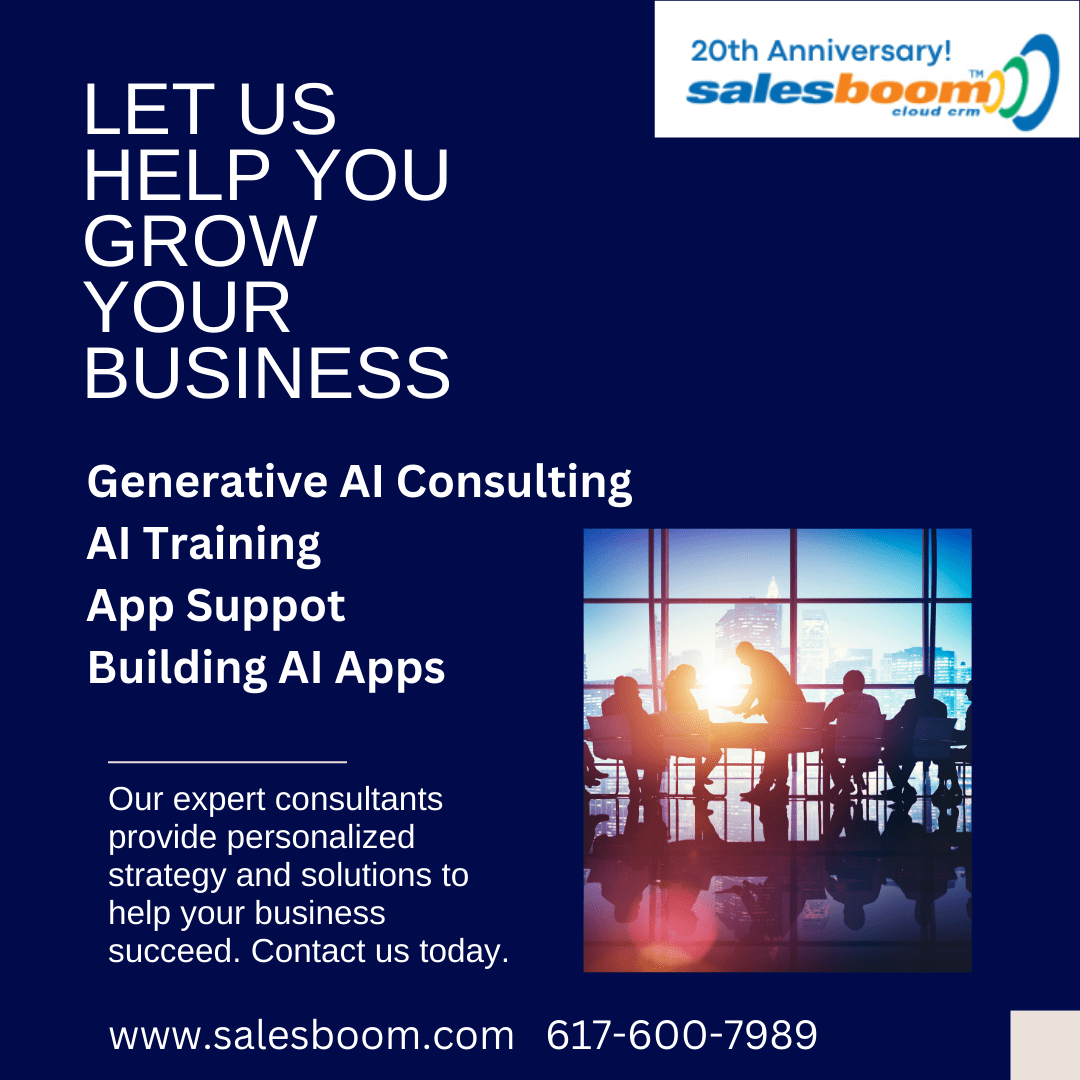How to Automate Sales Operations with CRM - 20 Ways CRM Transforms the Sales Process
Content:
- Introduction
- Lead Management
- Sales Forecasting
- Pipeline Management
- Task Automation
- Customer Segmentation
- Performance Tracking
- Data Centralization
- Email Integration and Tracking
- Mobile Accessibility
- Product Catalog Management
- Quote and Proposal Generation
- Collaborative Selling
- Customer Insights
- Upsell and Cross-Sell Opportunities
- Contract Management
- Training and Onboarding
- Integration with Other Tools
- Compliance and Security
- Feedback Collection
- Renewal Management
Customer Relationship Management (CRM) systems have become indispensable tools in enhancing sales operations.
Beyond managing contacts, a robust CRM strategy streamlines workflows, boosts sales performance, and sharpens customer interactions, ultimately driving revenue growth.
Incorporating a CRM system into sales operations isn't just a tactical move; it's a strategic decision that can redefine the entire sales landscape of an organization.

From lead management to renewal management, each function performed by the CRM contributes to a more structured, data-driven, and customer-centric sales approach.
Here, we delve into the top 20 ways CRM is revolutionizing sales operations, with each point underscoring how CRM optimizes different facets of the sales journey.
-
Lead Management
A CRM system excels in organizing and nurturing leads. It systematically tracks the journey of each potential customer from initial contact through to conversion. This organization helps in identifying the most promising leads, ensuring that sales teams focus their efforts where they are most likely to bear fruit. By constantly updating lead statuses, the sales team can approach each lead with strategies tailored to their specific stage in the buying process.
-
Sales Forecasting
Effective sales forecasting within CRM platforms aids businesses in predicting future revenues by analyzing past sales data, trends, and market conditions. This predictive insight is crucial for making informed decisions regarding resource allocation, goal setting, and strategizing for growth. Accurate forecasting also helps in identifying potential issues before they impact the business.
-
Pipeline Management
CRM tools give a clear and dynamic view of the sales pipeline, allowing for real-time tracking of deals at various stages. This visibility is vital for identifying bottlenecks and understanding which deals are close to closing and which require more nurturing. It helps in effectively managing the flow of deals, ensuring a consistent and healthy sales pipeline.
-
Task Automation
The automation of repetitive tasks like scheduling appointments, sending follow-up emails, and updating records, significantly increases efficiency. By automating these routine activities, CRMs allow sales reps to spend more time on customer interaction and strategy, leading to higher productivity and sales.
-
Customer Segmentation
CRM's customer segmentation capabilities allow for the effective categorization of customers based on various factors such as demographics, purchasing behavior, and engagement level. This segmentation enables personalized marketing and sales strategies, ensuring that customers receive relevant and timely communications, thereby increasing the chances of sales.
-
Performance Tracking
Tracking individual and team performance becomes simpler with a CRM. Metrics such as closed deals, lead response time, and customer engagement levels are easily monitored, providing valuable insights into sales activities. This tracking helps in identifying high performers and areas needing improvement, fostering a culture of transparency and performance optimization.
-
Data Centralization
A CRM acts as a central repository for all customer-related data. It consolidates information from various touchpoints, providing a 360-degree view of the customer. This centralization is critical for ensuring consistency in customer communication and enables sales teams to access complete and up-to-date customer histories, enhancing customer interactions.
-
Email Integration and Tracking
Integrating email with CRM systems not only simplifies communication but also gives valuable context to each customer interaction. Email tracking within CRMs can provide insights into customer behaviors, such as email opens and clicks, informing more effective follow-up strategies and communication timing.
-
Mobile Accessibility
Mobile CRM applications allow sales representatives to access and update crucial customer and sales data from anywhere, at any time. This accessibility is particularly useful for salespeople who are often on the move, ensuring they have the most current data when meeting with clients or working remotely.
-
Product Catalog Management
Efficient management of product catalogs within CRMs enables sales teams to quickly find the most up-to-date information on products, prices, and configurations. This rapid access helps in creating accurate, tailored proposals for clients, thereby enhancing the chances of closing deals.
-
Quote and Proposal Generation
CRMs streamline the process of generating quotes and proposals, making it quicker and reducing the likelihood of errors. With templates and integrated product information, sales reps can produce detailed, professional proposals that meet customer requirements, boosting efficiency and response times.
-
Collaborative Selling
CRM platforms facilitate collaborative selling by allowing seamless sharing of customer information and insights between departments. This collaboration ensures that the customer receives a cohesive experience from marketing to sales to support, increasing the overall effectiveness of the sales strategy.
-
Customer Insights
Leveraging advanced analytics, CRMs provide deep insights into customer preferences and behaviors. These insights enable sales teams to tailor their sales approach to each customer, based on predictive analytics and historical data, resulting in more meaningful and successful customer interactions.
-
Upsell and Cross-Sell Opportunities
CRMs help sales teams to identify upsell and cross-sell opportunities by analyzing existing customer data and purchase histories. This analysis allows sales reps to offer additional, relevant products or services to customers, enhancing customer value and increasing revenue.
-
Contract Management
Managing sales contracts within CRM systems helps ensure all agreements are easily accessible, tracked, and managed. This management includes monitoring contract expiration and renewal dates, ensuring timely follow-ups and maintaining ongoing business relationships.
-
Training and Onboarding
CRMs serve as a critical tool in the training and onboarding of new sales staff. They provide a wealth of historical sales data and customer interactions, which can be used to train new hires on best practices, product knowledge, and the company’s sales process.
-
Integration with Other Tools
The ability to integrate CRM systems with other business tools like ERP, marketing automation, and customer support software creates a unified platform for managing all customer-related activities. This integration leads to streamlined processes, reduced data duplication, and a more cohesive customer experience.
-
Compliance and Security
CRMs assist in maintaining compliance with various industry standards and regulations by managing and monitoring customer data and interactions. They also ensure the security of sensitive customer information, which is critical in building trust and maintaining long-term customer relationships.
-
Feedback Collection
CRMs automate the process of collecting customer feedback after sales or support interactions. This feedback is essential for understanding customer satisfaction, identifying areas for improvement, and refining products and services.
-
Renewal Management
CRM systems effectively track and manage renewals, reminding sales teams of upcoming opportunities to engage with customers and secure ongoing business. This proactive management is crucial for maintaining a steady revenue stream and fostering long-term customer relationships.



In the world of sales, efficiency, and customer understanding are king. A CRM system not only streamlines numerous aspects of the sales process but also provides invaluable insights into customer behavior, leading to more informed and effective sales strategies.
By leveraging the power of a CRM, businesses can not only improve their operational efficiency but also deepen their customer relationships, driving growth and success in an increasingly competitive market.
In today's competitive business environment, leveraging a CRM system is key to unlocking the full potential of your sales operations, leading to sustained growth and success.